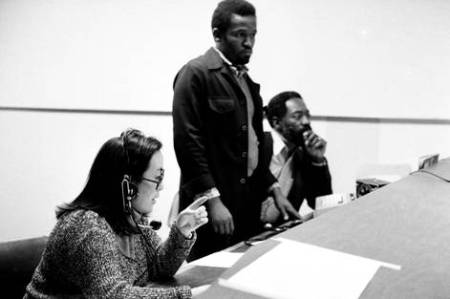
I was reading a scholar’s work today who sounded surprised to know that the struggle for black studies in the late 1960s included other people of color working in solidarity. I had to stop and reflect and give thanks that this is known and not a surprise for me. Thinking of all my UC Berkeley teachers/mentors, I felt so full up I had to write some of the memories flooding through me down…remembering these teachers and “saying their names” the names of the living and the dead lifts me in this time of racial terror and reminds me why I am at work on the project I am at work on now…and what a time it was back at Berkeley circa 87-91.
This is not a surprise to me. Because, as much as I am the child of my black Mississippi father and my white Maine mom, I see myself as a grateful daughter of the third world student strikes at SF State and UCBerkeley. I see myself this way because of my political, intellectual and creative formation at UCBerkeley in the late 1980s. I see myself reading Alice Walker and Ana Castillo back to back, because of my professor, Carla Trujillo, who was ’bout to drop her first book: “Chicana Lesbians: The Girls our Mother’s Warned us About.” I see myself in Carla’s Third World Women Writer’s class with her two fierce T.A.s [soon to become Dr. Melinda Mico (Seminole) and Dr. Caridad Souza (Puerto Rican)], asking if we can do a modern dance/movement piece for our final project (at the time I am learning modern dance from Carol Murota). The “we” is me and my sister, Rona Taylor who is the daughter of a black father and Filipina mother. We also take class with Beatriz Manz and Margaret Wilkerson that year. We know that we are privileged to have access to this multiracial/third world mix because of the multiracial third world mix that sacrificed and struggled two decades earlier for our Ethnic Studies department and courses to be a reality. Margaret Wilkerson, Barbara Christian and my then T.A. now Dr. Rudy Busto think/predict/charge that I must go on to get my PhD. Rudy thinks my final paper for him comparing the Free Southern Theater and Teatro Campesino would make a hell of a dissertation if I added an Asian American theater company to the mix.
I’m all about film at the time. Terry Wilson, Mario Barrera and especially Albert Johnson’s film courses change my world. With Johnson it’s not just that he gives me Dorothy Dandridge beyond Carmen Jones, but in his Third World Cinema class he gives me Lucia, Xala, The World of Apu and I find out how instrumental he was in bringing Satyajit Ray’s films to the SF Festival decades before.
Then Loni Ding’s video production class changes my world again. I team up with future academic heavyweights then classmates Sarita Echavez See and Celine Parrenas, and we make a film about sexual assault, based on one of June Jordan’s poems. Jordan has recently joined the faculty at Berkeley so we get permission to use her poem in person. Loni and I talk one day after class, after she screens several of Marlon Riggs’s films for us. Though Marlon Riggs is only teaching grad courses in journalism, Loni still encourages me to go talk to him and let him know how meaningful his work is to me. I take a pause now to imagine we had Marlon Riggs, June Jordan and Barbara Christian on campus together at the same time!
Barbara Christian…. Her Black Women Writers class gifts me with Sula, Gorilla My Love and Sister Outsider. Though Johnson is my undergrad thesis advisor, it is Christian who is most enthusiastic about my thesis on Dorothy Dandridge, and she writes then unknown names and phone numbers in her margin notes, “Must contact Jackie Bobo, Pearl Bowser.” Barbara Christian sees what I can’t see yet, and unknowingly I store that seeing, that faith in me somewhere deep. How could I know that 25 years later, after film school and television writing, after “jazz-on-the-sacred-side” curating and divinity school, I’d begin to write a dissertation on a multiracial group of filmmakers who enter UCLA’s film program ’bout the same time of the bay area’s Third World Student Strikes? And how, given my formation, could I only write about the black filmmakers of the UCLA group and not include their radical Asian American, Latina/o and Native American cohort? Unthinkable.
Barbara’s gone and Loni’s gone. Albert Johnson, June Jordan, Marlon Riggs too. Still, when I remember to get quiet, when I remember to remember, I feel their wisdom, legacies, generosity like a protective, warming and illuminating fire around this work. I will never have enough thanks for the gifts I received from them and as well as all of the living mentioned above. As my comrades from divinity school would say, “now that’s good news.”
(Still looking for info for the photo above of Loni Ding at work…found it online included in a tribute to her, check out this great youtube
clip.)
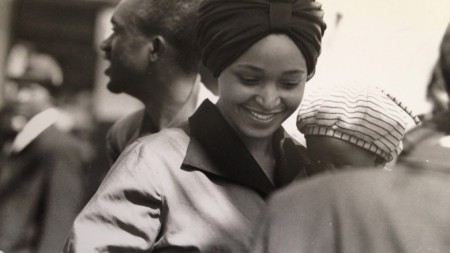 (Haven’t blogged in so long, dissertation writing took over…still the news of Winnie Mandela’s passing hits hard. I immediately thought of Alice Walker’s Poem, “Winnie Mandela We Love You” see excerpts below)
(Haven’t blogged in so long, dissertation writing took over…still the news of Winnie Mandela’s passing hits hard. I immediately thought of Alice Walker’s Poem, “Winnie Mandela We Love You” see excerpts below)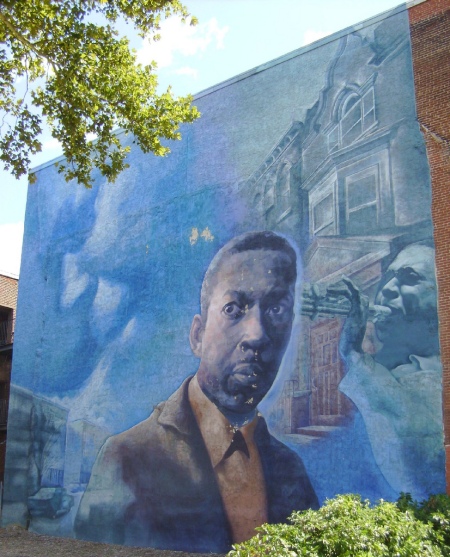
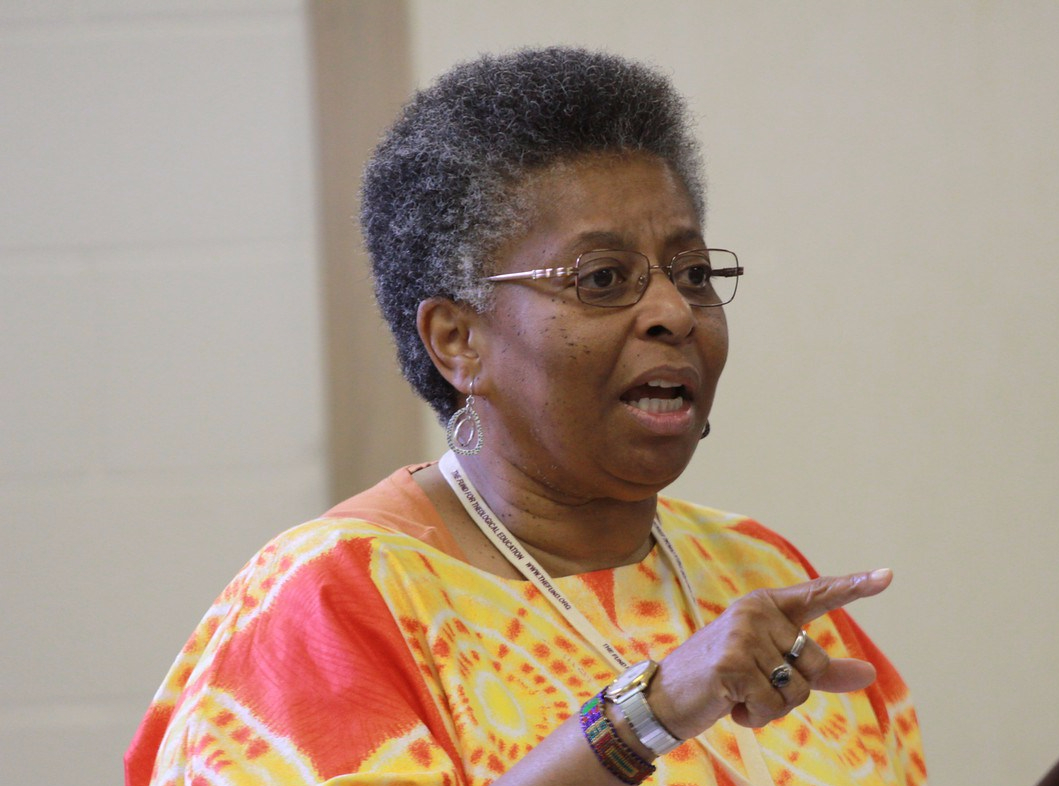
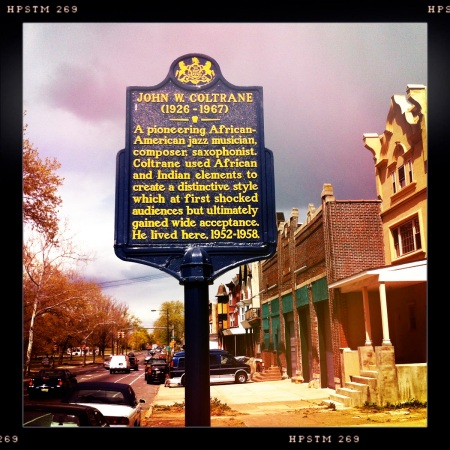
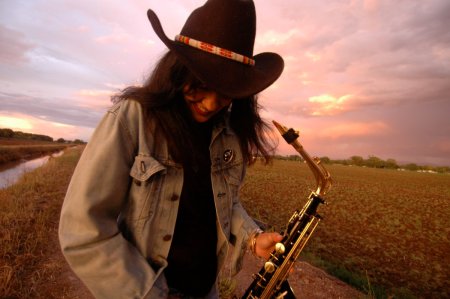
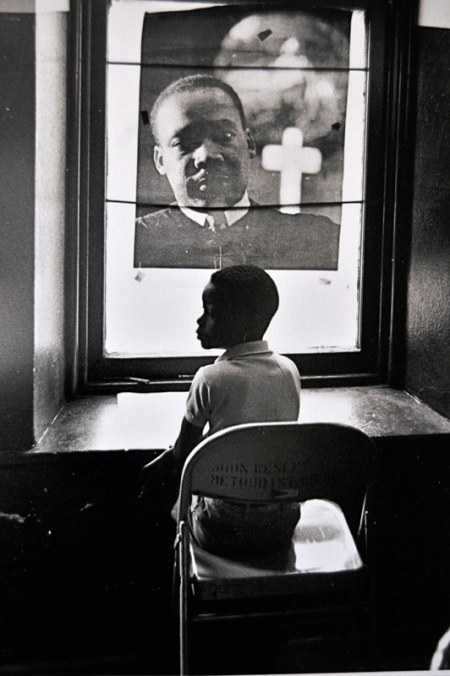
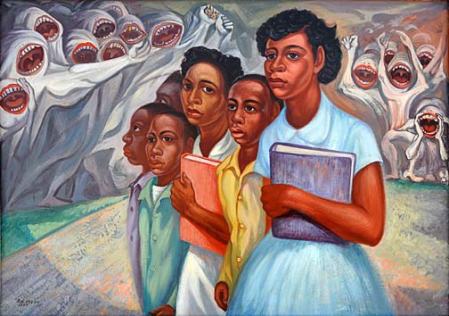

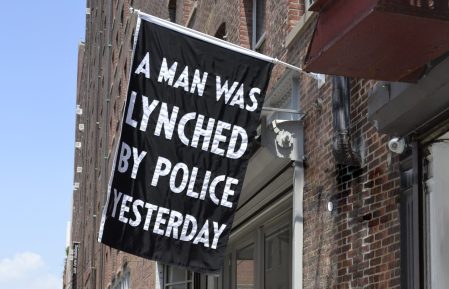
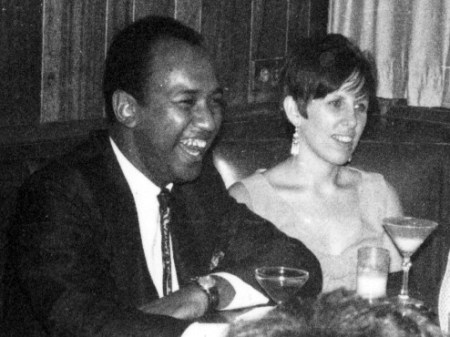
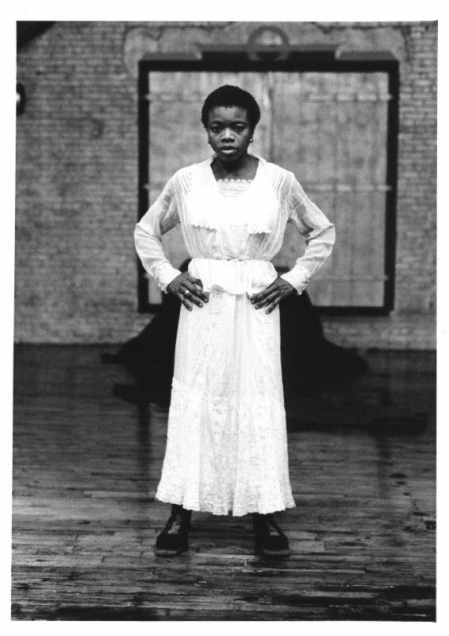
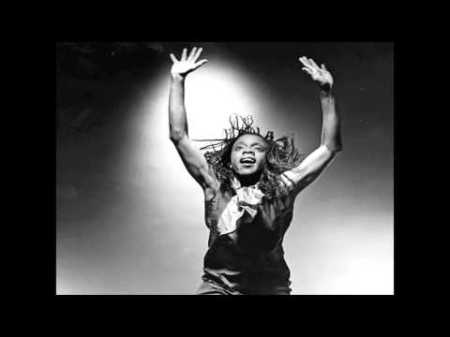
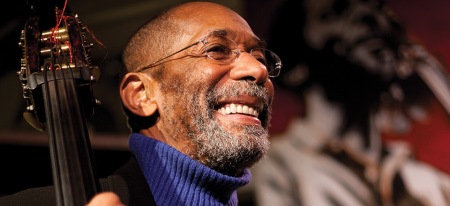 “I’m here to see my husband,” winks the beautiful sister who is seated next to me and my squeeze for the second set last Sunday at the Blue Note. I know exactly what she means and who she means and it’s only because I’m with my real life love that I don’t gush too much in agreement. Some people have movie star husbands (“my husband Idris Elba”) or NBA husbands (don’t get me started), but in jazz? See photo above. ‘Nuff said.
“I’m here to see my husband,” winks the beautiful sister who is seated next to me and my squeeze for the second set last Sunday at the Blue Note. I know exactly what she means and who she means and it’s only because I’m with my real life love that I don’t gush too much in agreement. Some people have movie star husbands (“my husband Idris Elba”) or NBA husbands (don’t get me started), but in jazz? See photo above. ‘Nuff said.